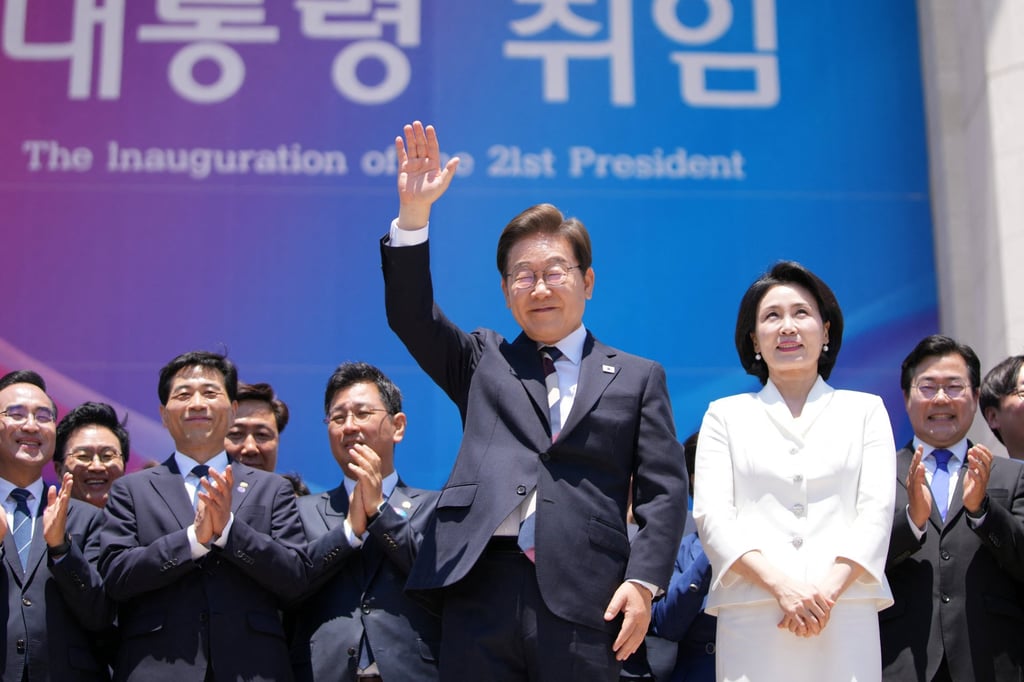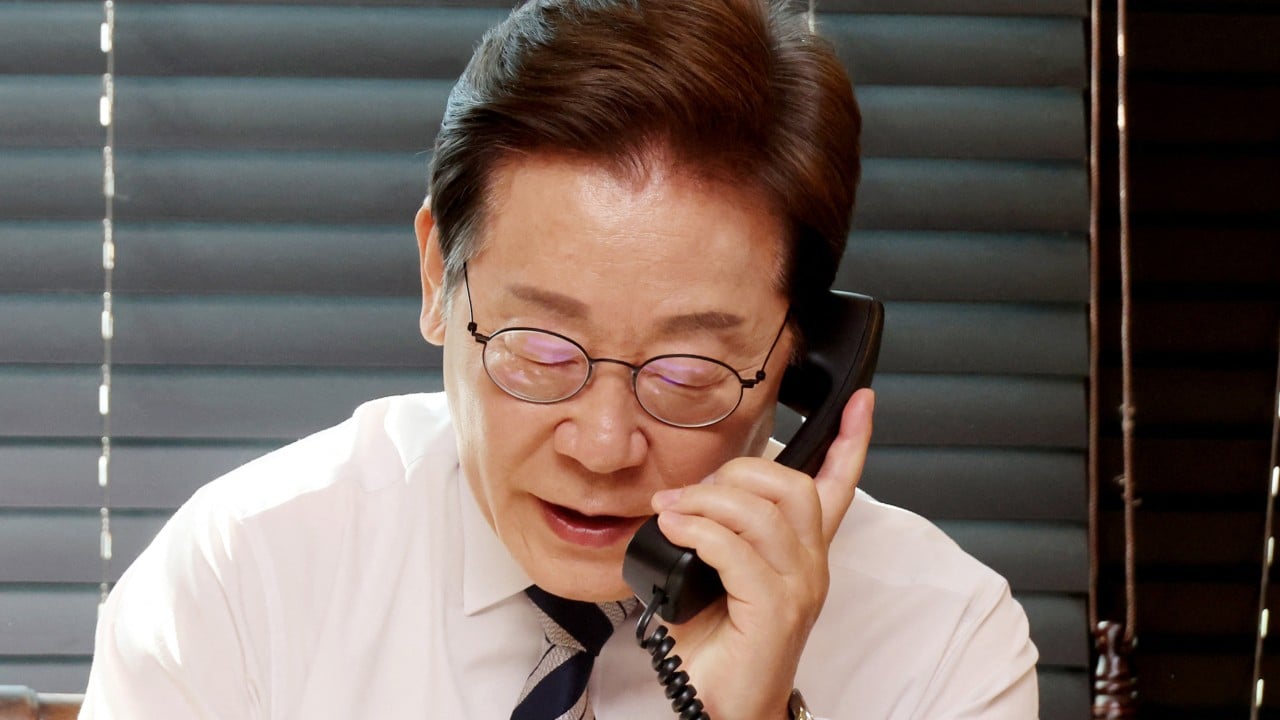Six months ago, South Korea teetered on the brink of authoritarian regression. But on Tuesday, its citizens elected Lee Jae-myung – a symbol of resilience and reform – as their new president, in a vote seen as a rebuke of his predecessor’s failed martial law decree that plunged the nation into a political crisis.
Advertisement
The liberal Democratic Party of Korea (DPK) candidate secured a decisive victory over conservative rival Kim Moon-soo of the People Power Party (PPP), capturing 49.42 per cent of the vote to Kim’s 41.15 per cent in Tuesday’s snap election.
The vote – triggered by the impeachment of former president Yoon Suk-yeol – left no room for a transition period. Lee was sworn in immediately, ushering in a new chapter in South Korean politics.
With nearly 17.3 million votes, Lee achieved the largest vote count for a presidential candidate in the country’s electoral history on a voter turnout of 79.4 per cent – the highest in nearly three decades. For many, the election served as a referendum on the PPP, the former party of Yoon, whose unconstitutional martial law bid late last year stunned the nation.
“I will do my utmost to overcome the aftermath of the rebellion and ensure that never again will arms entrusted by the people be turned against them,” South Korea’s new president declared to a crowd gathered near the National Assembly in the early hours of Wednesday morning.

Standing beside his wife, Kim Hye-kyung, the 61-year-old Lee laid out a vision anchored in democratic restoration and national unity.
Advertisement

